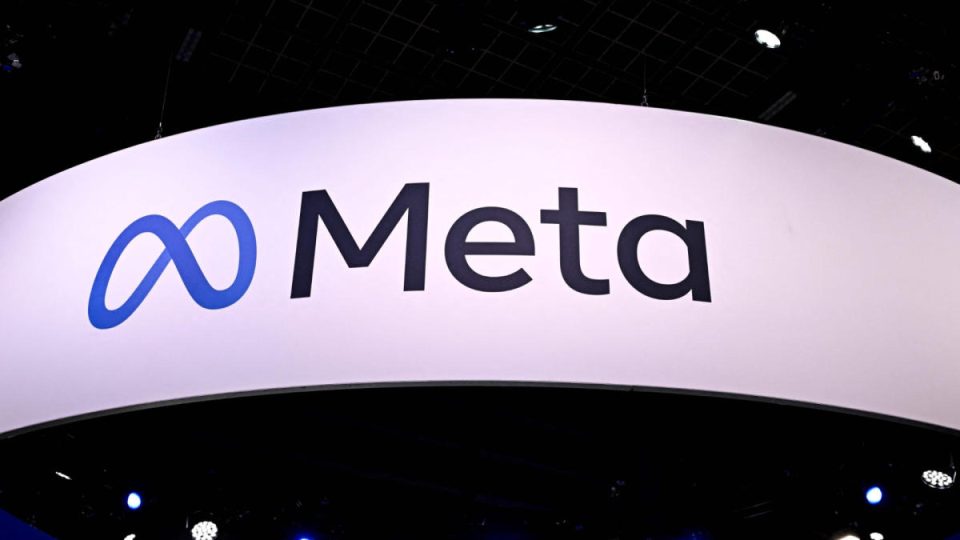Meta Platforms Inc. (NASDAQ: META) has recently announced a significant increase in executive bonuses, raising the target bonus percentage for its named executive officers to 200% of their base salary, up from the previous 75%. This decision, detailed in a corporate filing on February 20, comes on the heels of the company laying off approximately 5% of its workforce, primarily targeting underperformers.
The adjustment to the bonus structure was approved by a committee of Meta’s board of directors on February 13. The committee concluded that the total cash compensation for executives was at or below the 15th percentile compared to similar positions at peer companies. With this new plan, the target total cash compensation for these executives (excluding CEO Mark Zuckerberg) is now aligned with roughly the 50th percentile of peer group compensation.
While this move aims to enhance executive motivation and retention, it notably excludes CEO Mark Zuckerberg from the increased bonus eligibility. The rationale behind this decision appears to be a response to competitive pressures in executive compensation, as Meta seeks to attract and retain top talent in a challenging market environment.
In addition to the bonus increase, Meta has also implemented cost-cutting measures across its workforce. Reports indicate that the company has reduced its annual distribution of stock options by about 10% for thousands of employees. This reduction varies depending on employee location and role within the organization.
Despite these layoffs and cost-saving initiatives, investor sentiment towards Meta remains robust. The company’s shares have surged over 47% in the past year, closing at $694.84 on February 20. This rise reflects strong confidence in Meta’s growing revenues from digital advertising and expectations surrounding its investments in artificial intelligence.
In its most recent quarterly report, Meta disclosed a 21% year-over-year increase in revenue for Q4, reaching $48.39 billion. This growth highlights the company’s resilience and ability to adapt amid economic fluctuations and competitive pressures.
Meta’s choice to enhance executive bonuses alongside workforce reductions illustrates a calculated strategy aimed at retaining top talent while optimizing operational costs. As the company adapts to the competitive dynamics of the digital advertising sector and invests in emerging technologies like artificial intelligence, these adjustments may serve to motivate executives and align their compensation with industry benchmarks.

